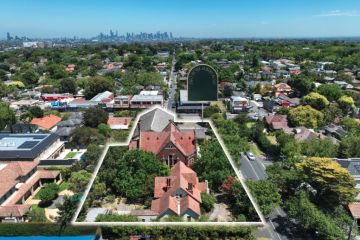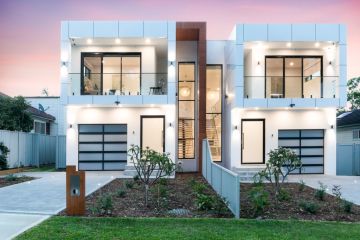Two Aussie homeowners will take Bitcoin as payment for their properties

Rising interest rates will no doubt affect how much future homeowners can loan from a bank.
However, two Aussie vendors are taking a different approach that means potential buyers will not have to worry about interest rates or banks.
Yes, you read right. You could own your dream home without the burden of knowing that your home loan repayments could increase with yet another rate hike.
Two properties currently listed on Domain – the only two in Australia – are “accepting Bitcoin as payment”.
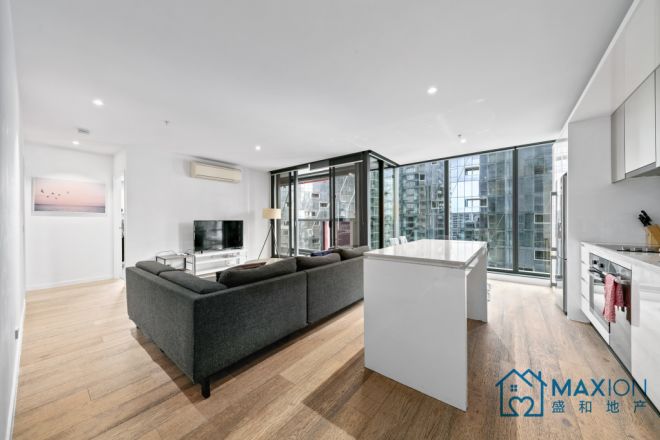
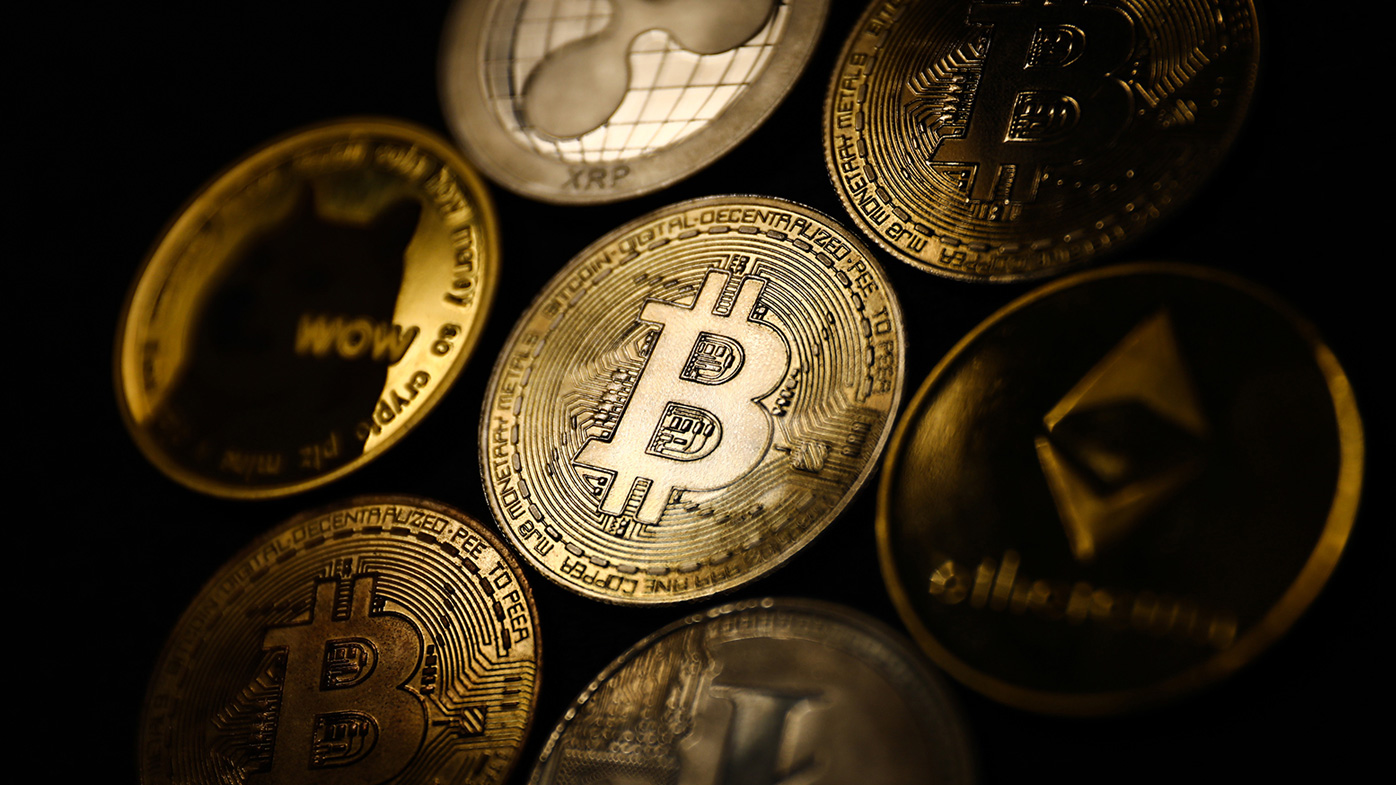
In a nutshell, Bitcoin is a form of cryptocurrency (digital currency) that can be used to purchase products and services.
Bitcoin transactions can be made to other people through a file stored in a digital wallet app, and although they’re publicly recorded, they aren’t controlled by banks.
The agent for a contemporary three-bedroom, two-bathroom apartment in Melbourne, Maxion Real Estate’s told Nine that the vendor is happy to accept Bitcoin as payment as they are “great fans” of the form of cryptocurrency.
The property at 3507/33 Rose Lane has a price guide of $720,000 to $770,000 and last sold for $761,500 in April 2014, according to Pricefinder.
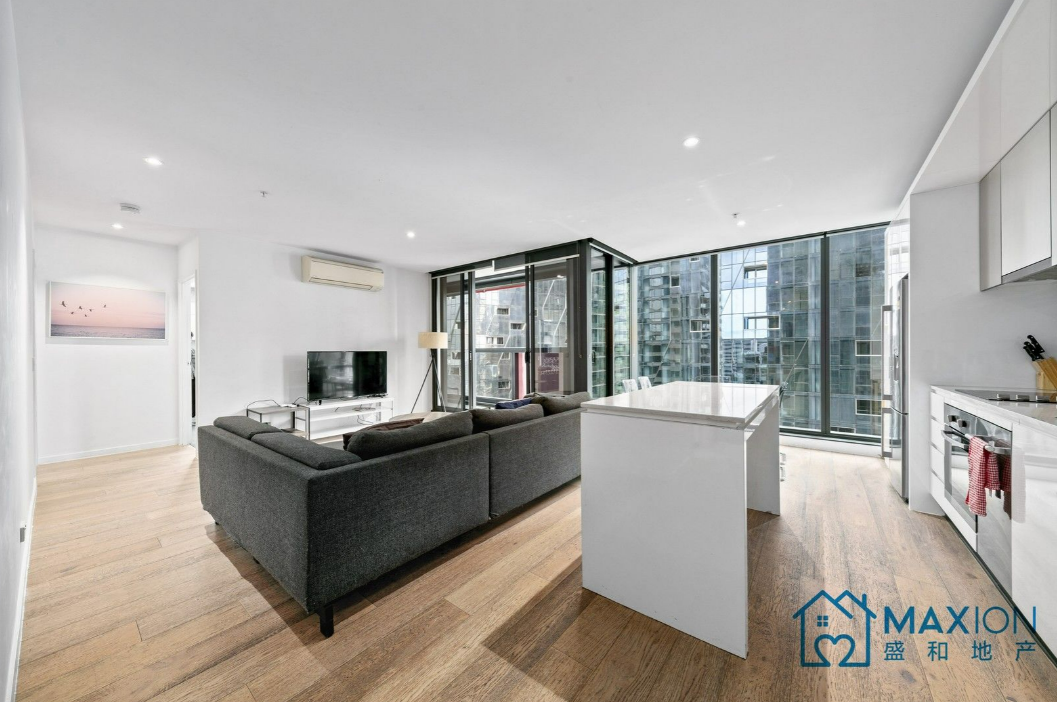
Boasting 180 degree city views from the balcony, the apartment is luxurious with a modern aesthetic and access to resort-style facilities such as the communal lap pool, gym, sauna, barbecue terrace and rock climbing wall.
Another vendor, over in Fairfield, New South Wales, is also accepting Bitcoin as payment for a house located at 14 Kimberley Crescent which they are selling themselves.
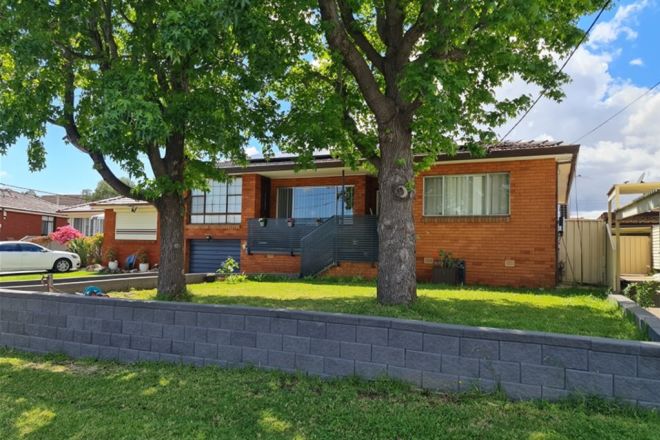
The four-bedroom, two-bathroom renovated home has a price guide of $1.45 million and last sold for $407,500 in September 2009, according to Pricefinder.
The advertising leads with: “Bitcoin accepted as method of payment”.
In early September, Australia’s interest rates hit a seven-year high.
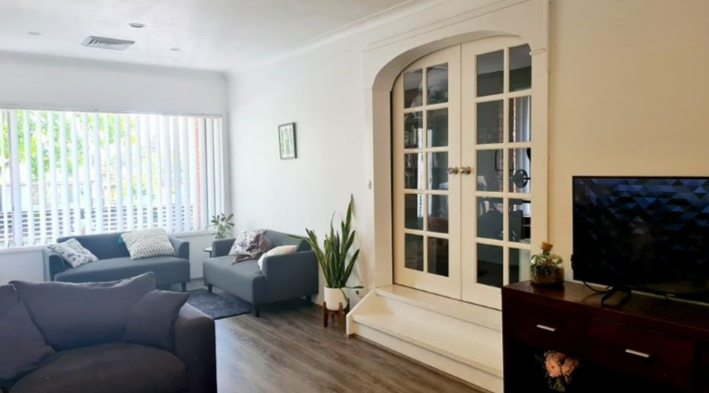
The Reserve Bank of Australia increased the cash rate for the fifth consecutive month, lifting the cash rate target by 50 basis points from 1.85 per cent to 2.35 per cent.
Last time Australia’s cash rate was higher was in December 2014, when it sat at 2.50.
Federal Treasurer Jim Chalmers addressed the interest rates rise earlier this month.
“The fact that we knew it was coming doesn’t make it any easier for people,” he told parliament.
“This is tough. This will tighten the screws on family budgets. This will put more pressure on a lot of Australians who are already stretched enough.”
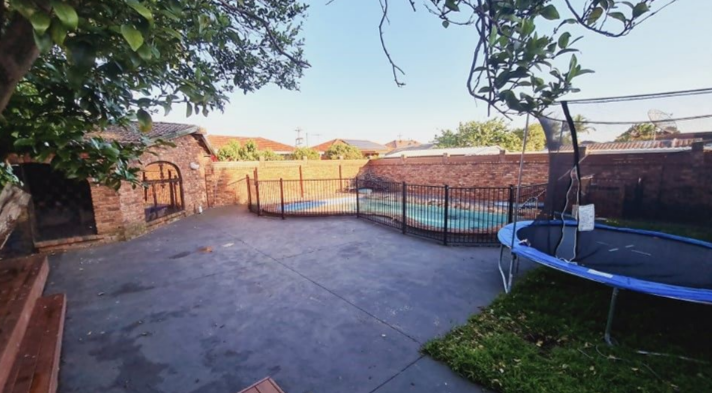
Chalmers also addressed the rate increase and mortgage holders.
“Average homeowners owing $330,000 will have to find about $95 more for repayments,” he said.
“For Australians with a typical $500,000 mortgage it’s about an extra $145 a month in addition to the extra $475 they’ve had to find since rates started raising before the election in May.
“So interest rate rises do mean that Australians will have to make more hard decisions about how to make ends meet.”
We recommend
We thought you might like
States
Capital Cities
Capital Cities - Rentals
Popular Areas
Allhomes
More
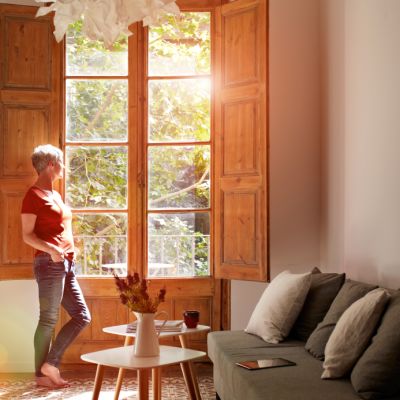
/http%3A%2F%2Fprod.static9.net.au%2Ffs%2F395fce54-a4f9-416a-8fc5-7bfbbe54a068)





